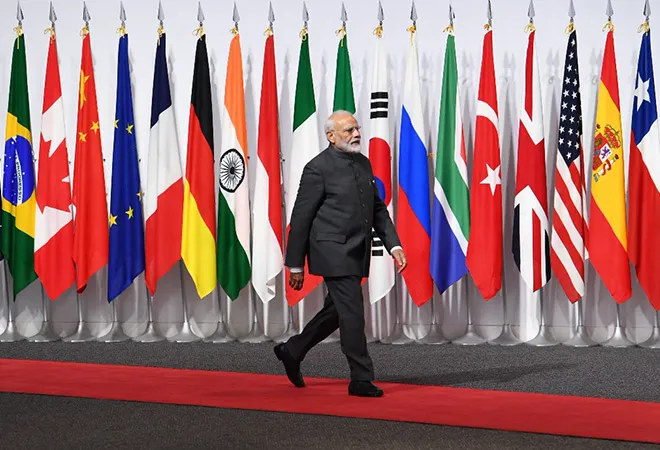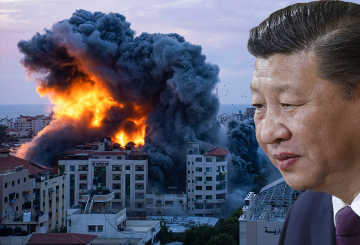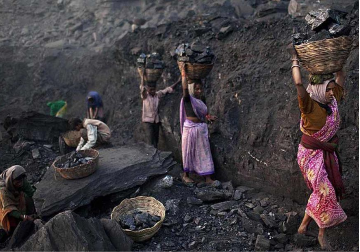
The emergence of the G20 has often been traced by analysts, commentators and academics to the midpoint of the 2008-2009 financial crisis known colloquially as “The Great Recession.” In a generation plagued by “fake news” and “alternative facts,” it is not surprising that the inception of the collective has become muddled. The G20, in fact, came into formation in 1999, with either former Canadian Prime Minister Paul Martin or former German Finance Minister Hans Eichel deserving credit for being the architect of the organisation, according to various sources. Originally envisioned as a meeting of central bankers, the membership was decided almost arbitrarily. An apocryphal anecdote attributes the composition of the group to the Deputy Finance Minister of Germany and the Deputy Treasury Secretary of the United States, who apparently went through a list of nations marking them with a “yes” or “no” based on perceived economic power.
In a generation plagued by “fake news” and “alternative facts,” it is not surprising that the inception of the collective has become muddled.
It is true, that the importance of the G20 as a global governance body changed in October 2008, when George W. Bush, the President of the United States at that time, stated that the next meeting of the G20 would be focused on finding solutions to the financial crisis. Given the seriousness of the global credit crunch, the heads of states of all G20 nations were present at the Washington summit, and a decision was made to continue to use the body as a means for dialogue amongst the self-appointed world leaders. Since that meeting, the G20 has become the primary pillar of the geo-economic global governance architecture, acting as the de-facto “economic steering committee of the world” as stated by Dr. Akshay Mathur during the Shaping a New Ethos of Geopolitics and Geo-economics panel during Raisina 2018.
The grouping has done seminal work on a number of important matters, including global benchmarks, securities and market regulations, and interconnected payment systems. Yet, the group has not limited itself to economic issues. In the past decade, the scope of the G20 has grown to incorporate key cross disciplinary issues such as climate change, trade conflicts, and the Sustainable Development Goals. Even issues of global security, once left to the purview of the United Nations Security Council, have found their way to the G20. Ms. Gabriella Ramos, OECD Chief of Staff during her remarks at the panel, cited the 2013 G20 summit as one of the primary forums that helped begin dialogue about the Syrian Civil War amongst the various parties involved.
The group has not limited itself to economic issues. In the past decade, the scope of the G20 has grown to incorporate key cross disciplinary issues such as climate change, trade conflicts, and the Sustainable Development Goals.
One of the criticisms that has been levied against the G20 has been that it has become too broad in its scope by venturing into areas such as development and security. Yet, in a changing world, with shifting political and economic power dynamics, the old global governance architecture has proven itself to insufficient. By being more inclusive than the elitist G7 and more agile in its decision-making process than the cumbersome United Nations General body, the G20 has proved itself as the ideal body for setting the global governance agenda.
It is important to note, however, that the G20 is not perfect. The collective is made up largely of high and middle-income nations, with India being the only member that has a GDP per capita under $10,000. Africa remains drastically underrepresented in the grouping, with South Africa acting as the sole spokesperson for the continent. While there are a number of multilateral and intergovernmental organisations invited to participate in G20 summits, they act only as observers. They cannot provide substantive input into the policy decisions that are made — with the exception of one organisation — the Organisation for Economic Cooperation and Development (OECD).
While the G20 lacks a permanent secretariat that can help provide research and implementation support, there are some that argue that the OECD is in many ways the G20’s secretariat. An intergovernmental economic body, comprised of the world’s richest nations, the OECD has more than six decades of operational, implementational, and monitoring experience. The G20, has leaned on the OECD for organisational support since 2008, and the relationship has deepened between the two entities over the past few years. Yet, in the eyes of many, the co-dependency is symptomatic of the exclusivity of the G20. While the collective is touted as a more egalitarian form of global governance, many of the policy inputs it receives are from a body that represents the world’s economic elite.
The G20, has leaned on the OECD for organisational support since 2008, and the relationship has deepened between the two entities over the past few years. Yet, in the eyes of many, the co-dependency is symptomatic of the exclusivity of the G20.
With only seven members that can be loosely classified as emerging economies, the global south still has achieved only token representation in the collective. As Mr. Gustavo Martinez stated during the panel, “the representation and the role of the developing countries in the G20 must be a subject of debate.” Mr. Martinez went on to suggest alliances amongst the G20’s emerging economies in order to “tilt the balance” towards equitable policies and “coordination and reinforcement” of certain geo-economic positions amongst developing nations. These are steps in the right direction, but it is important to note that the emerging bloc can often be overridden by sheer strength of numbers.
As Mr. Anil Sooklal stated during the panel, the world does not “have a better platform at the present time given the weak state of the global multilateral system.” The G20 is a step in the right direction. It is only a step, however. Symbolic inclusion of the emerging and developing world through an arbitrary “yes” and “no” process, decided by two men, is not enough. If it truly wishes to be the next multilateral iteration of global governance, the G20 must take steps to ensure equitable representation and contribution from all regions and classes of the worlds.
The views expressed above belong to the author(s). ORF research and analyses now available on Telegram! Click here to access our curated content — blogs, longforms and interviews.




 PREV
PREV


